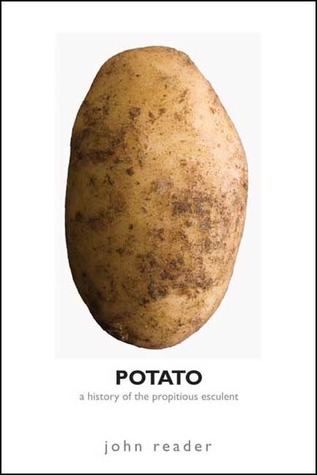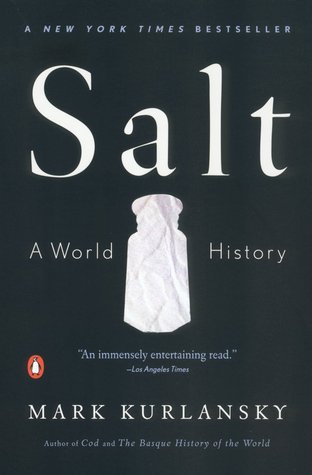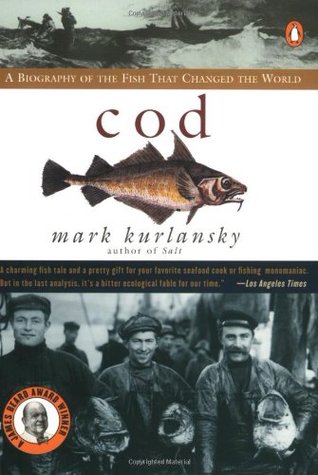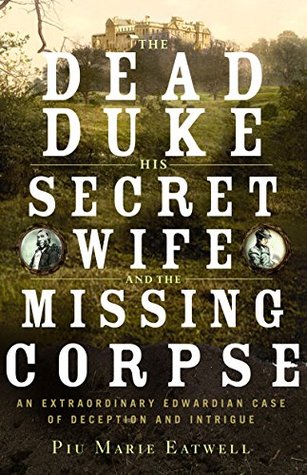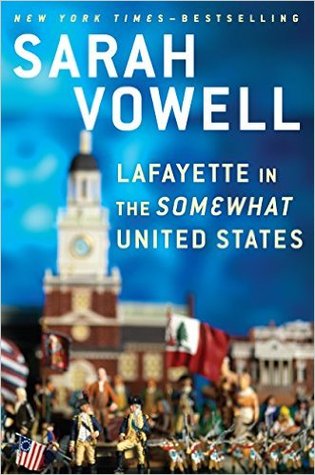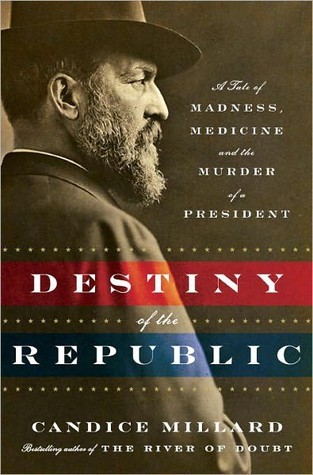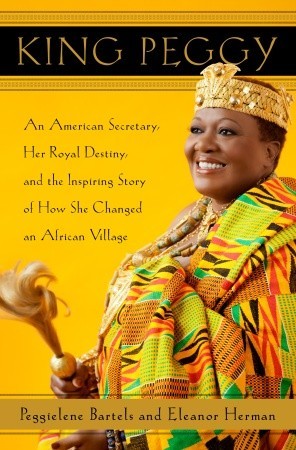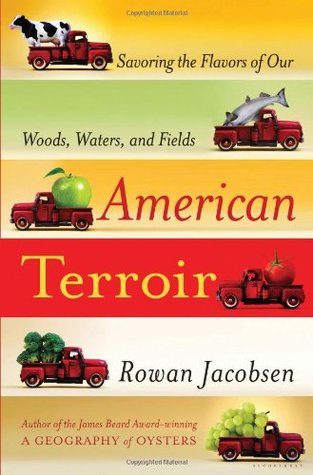
American Terroir by Rowan Jacobsen
American Terroir: Savoring the Flavors of Our Woods, Waters, and Fields
by Rowan JacobsenWhy does honey from the tupelo-lined banks of the Apalachicola River have a kick of cinnamon unlike any other? Why is salmon from Alaska’s Yukon River the richest in the world? Why does one underground cave in Greensboro, Vermont, produce many of the country’s most intense cheeses? The answer is terroir (tare-WAHR), the “taste of place.” Originally used by the French to describe the way local conditions such as soil and climate affect the flavor of a wine, terroir has been little understood (and often mispronounced) by Americans, until now. For those who have embraced the local food movement, American Terroir will share the best of America’s bounty and explain why place matters. It will be the first guide to the “flavor landscapes” of some of our most iconic foods, including apples, honey, maple syrup, coffee, oysters, salmon, wild mushrooms, wine, cheese, and chocolate. With equally iconic recipes by the author and important local chefs, and a complete resource section for finding place-specific foods, American Terroir is the perfect companion for any self-respecting locavore.

